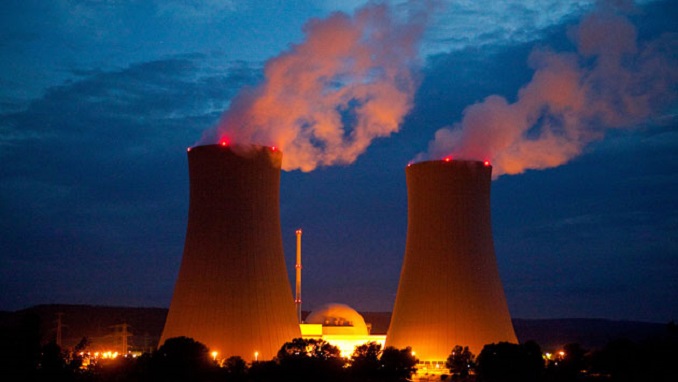A special report from the International Energy Agency (IEA) says that nuclear power must “come back” and that its capacity will double between 2020 and 2050 as part of a global journey to zero emissions.
According to the report “Nuclear Power and the Secure Energy Transition: From Today’s Challenges to Tomorrow’s Clean Energy Systems,” nuclear power can improve energy security by reducing dependence on fossil fuel imports, reducing carbon emissions, and helping countries transition to energy systems dominated by renewable energy sources.
The report states that nuclear power is the second-largest source of low-emission energy after hydropower. Thirty-two countries have nuclear power plants, but 63% of them are over 30 years old.
“In today’s global energy crisis, soaring fossil fuel prices, energy security concerns, and ambitious climate change commitments, I believe that nuclear power has a unique opportunity to come back. However, a new era for nuclear power is by no means guaranteed. It will depend on governments to develop credible policies to ensure the safe and sustainable operation of nuclear plants for many years to come – and mobilize the necessary investment, including in new technologies,” said Fatih Birol, Executive Director of the IEA, in the report.
The industry must quickly address cost overruns and project delays that plague new plant construction in advanced economies. As a result, advanced economies have lost their market leadership, as 27 of the 31 power units under construction since 2017 are Russian or Chinese projects.”
The policy recommendations in the report, which Fatih Birol says is meant to inform governments and industry as they review their nuclear policy, include:
Extending the life of existing nuclear plants – may require significant investment, but in general, will provide electricity cost-competitive with wind and solar energy;
Make electricity markets appreciate that nuclear power plants avoid greenhouse gas emissions and the services they provide to maintain electricity security, including capacity availability and frequency control;
Creation of financing mechanisms for new NPPs to mobilize capital for new construction at an acceptable cost and with risk-sharing between investors and consumers;
Promoting effective and efficient safety regulation;
Solving the problem of nuclear waste disposal by involving citizens in the process of approval and construction of high-level waste disposal facilities;
Accelerating the development and implementation of small modular reactors (SMM);
Re-evaluate existing plans based on performance because the long-term development of the nuclear industry requires projects to be implemented on time and within budget.

